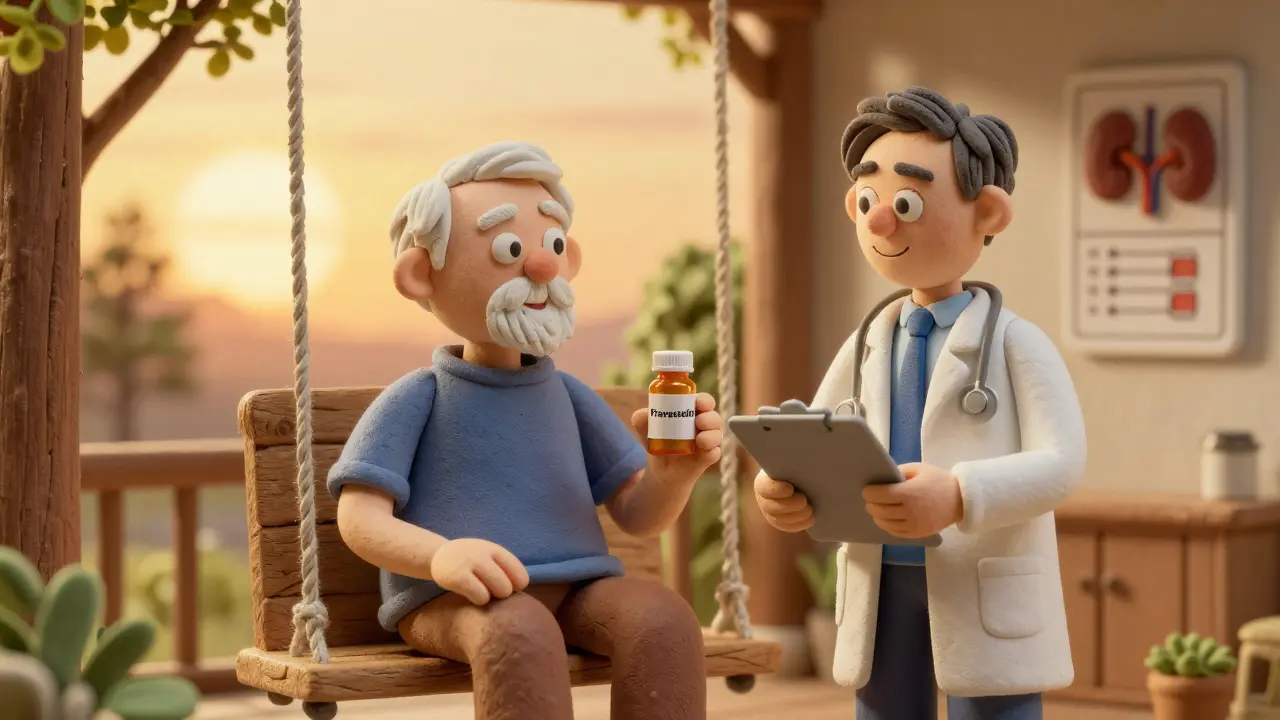Cholesterol Medication: What Works and How to Choose
If you’ve been told your cholesterol is high, the first thing most doctors suggest is a medication. But not all pills are created equal, and knowing the basics can save you money, side‑effects, and confusion.
How Cholesterol Medications Work
Most people think of “statins” when they hear cholesterol drugs. Statins like rosuvastatin, atorvastatin or simvastatin lower LDL (the "bad") cholesterol by blocking a liver enzyme that makes it. The result is fewer bad particles in your blood and less chance of plaque building up in arteries.
There are also non‑statin options. Niacin raises good HDL cholesterol, while fibrates such as fenofibrate mainly cut triglycerides. Newer drugs like PCSK9 inhibitors (e.g., alirocumab) are injections that help the liver clear LDL faster. Each class targets a different piece of the lipid puzzle, so your doctor picks based on your numbers and health history.
Choosing the Right Medication or Alternative
The best drug for you depends on three things: how high your cholesterol is, any other medical issues, and how you tolerate side‑effects. Statins are first‑line because they’re cheap and proven to cut heart attacks. If you develop muscle pain, liver worries, or can’t take statins for another reason, ask about a PCSK9 inhibitor or ezetimibe – a pill that blocks cholesterol absorption from food.
Some people prefer natural routes before adding a prescription. Omega‑3 fish oil, soluble fiber (like psyllium), and plant sterols can modestly lower LDL when taken consistently. They’re not a replacement for meds if your numbers are dangerously high, but they work well as add‑ons.
Cost matters too. Generic statins cost pennies per month, while PCSK9 injections run several hundred dollars each dose. Insurance usually covers the basics, so check your plan and ask the pharmacy about coupons or patient assistance programs for pricier options.
Finally, lifestyle is the backbone of any cholesterol plan. A diet low in saturated fat, regular exercise, quitting smoking, and staying at a healthy weight can boost the effect of any medication you take. Even a modest 5‑10% drop in LDL from diet plus meds makes a big difference over years.
Bottom line: start with a conversation about your specific numbers, bring up any past drug reactions, and weigh cost vs benefit. Your doctor can tailor a regimen that fits your life – whether it’s a daily statin, an occasional supplement, or a newer injection for stubborn cases.
Pravastatin is one of the safest statins for older adults, with fewer muscle side effects and drug interactions than other cholesterol meds. Learn why it's often the best choice for seniors - and when it might not be enough.
Jan, 6 2026
You're about to get a full rundown on Lipitor: how it works, who needs it, common side effects, and tips for making the most out of your prescription. This article explains what makes Lipitor the world’s best-selling cholesterol drug. It doesn’t just wave through the basics — you’ll get real data, personal experience, and the pitfalls no one talks about. Make smarter choices for your health, whether you’re starting Lipitor or just curious about it.
Jun, 8 2025


